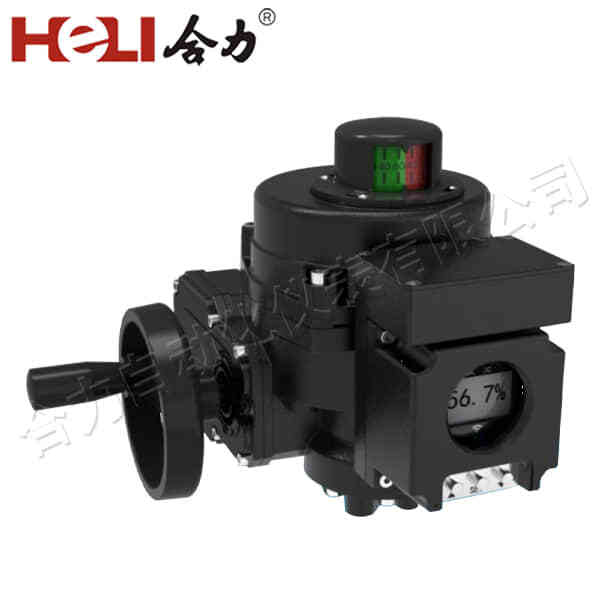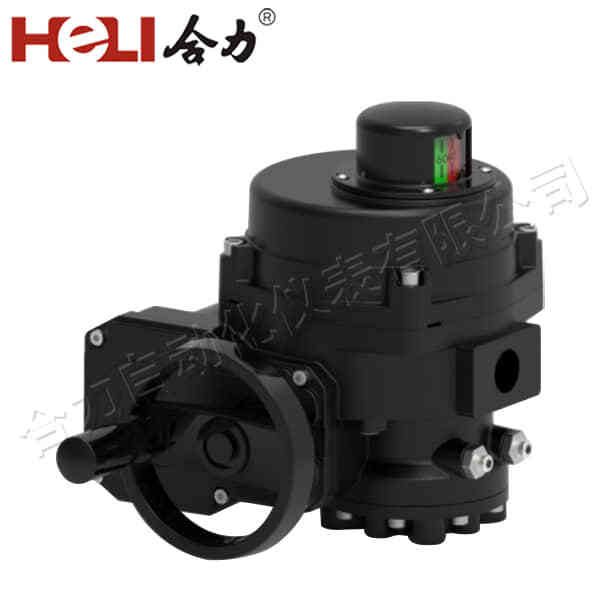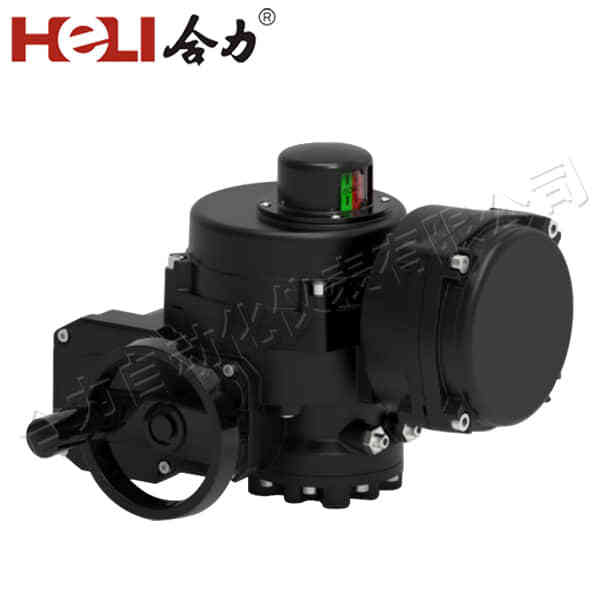Explosion proof electrical installations are essential components in industries where hazardous environments are present, such as oil and gas, chemicals, mining, and other industrial sectors. These specialized systems are designed to prevent the ignition of explosive gases, vapors, or dust, safeguarding both human life and property. This article delves into the importance of explosion proof electrical installations, the principles behind their design, and the standards that govern their use.

Understanding Explosion Proof Electrical Installations

In environments where flammable substances are commonly present, a spark from electrical equipment can ignite an explosive atmosphere, leading to catastrophic consequences. To address this, explosion proof electrical installations are designed to contain any sparks, arcs, or heat generated within the equipment, ensuring they do not escape and cause an explosion. These installations are critical for protecting workers, equipment, and the surrounding environment from the risks associated with flammable substances. Explosion proof electrical equipment is built to contain the internal explosion and prevent any harmful effects from reaching the external atmosphere. By adhering to strict safety standards, these systems create a safe operating environment in industries that deal with volatile materials. The key to their effectiveness lies in robust designs and the use of advanced technology that ensures safety.
